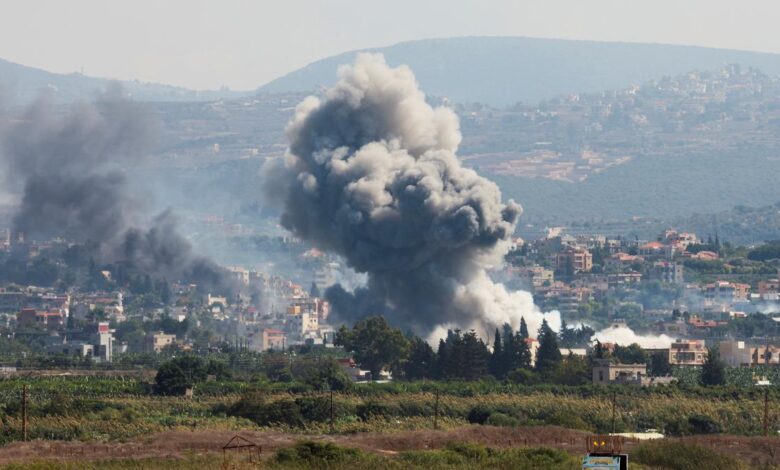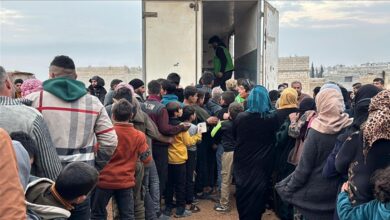
Humanitarian organizations warn of the repercussions of escalating the violence on Lebanon spilling over into Syria
The Syria INGO Regional Forum, consisting of 70 organizations working across all Syria, warned that escalating the violence in Lebanon threatens the deterioration of dire humanitarian conditions in Syria.
The organizations said in a statement that “the conflict in Gaza and in the occupied Palestinian territories and in Lebanon leads to insecurity and further conflict in the whole region with ongoing impacts due to the escalating war in Lebanon.”
The statement made it clear that “the ongoing violence is compounding the existing challenges in the region, including Syria as the humanitarian needs reached unprecedented levels this year, pointing out that response efforts cannot keep pace with funding shortages.”
The statementconfirmed that “Syria is still facing one of the complicated humanitarian crises in the world, which has been worsened due to the protracted conflict, economic collapse, and repeated displacement.”
The statement called for “an immediate ceasefire in Gaza and Lebanon, emphasizing the importance of respecting international humanitarian law to enable life-saving aid access the most vulnerable.”
The statement called for “increasing flexible financial support to Syria and throughout the region, to meet the needs of all civilians affected by increasing hostilities and the conflict in the region.”
The statement stressed the need to “respect the rights of all refugees,” emphasizing that “regardless of whether they are fleeing to or from another country, all refugees are entitled to protection, safety, and access to basic services.”
OCHA stressed in a joint statement last Thursday the necessity of “reducing the escalation in the region and its far-reaching repercussions,” explaining that it is not possible to bear the burden of more humanitarian emergencies, and that “people’s endurance has exceeded the limits of measure.”
The statement called on the international community to “unite to prevent further suffering, stressing that our collective responsibility requires moving quickly and effectively.”




